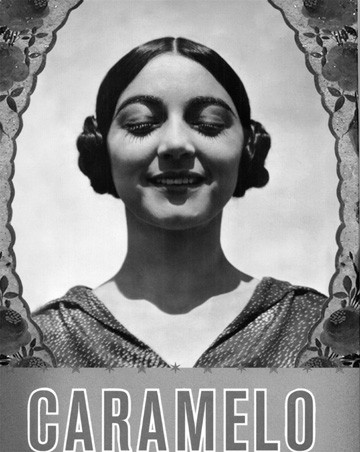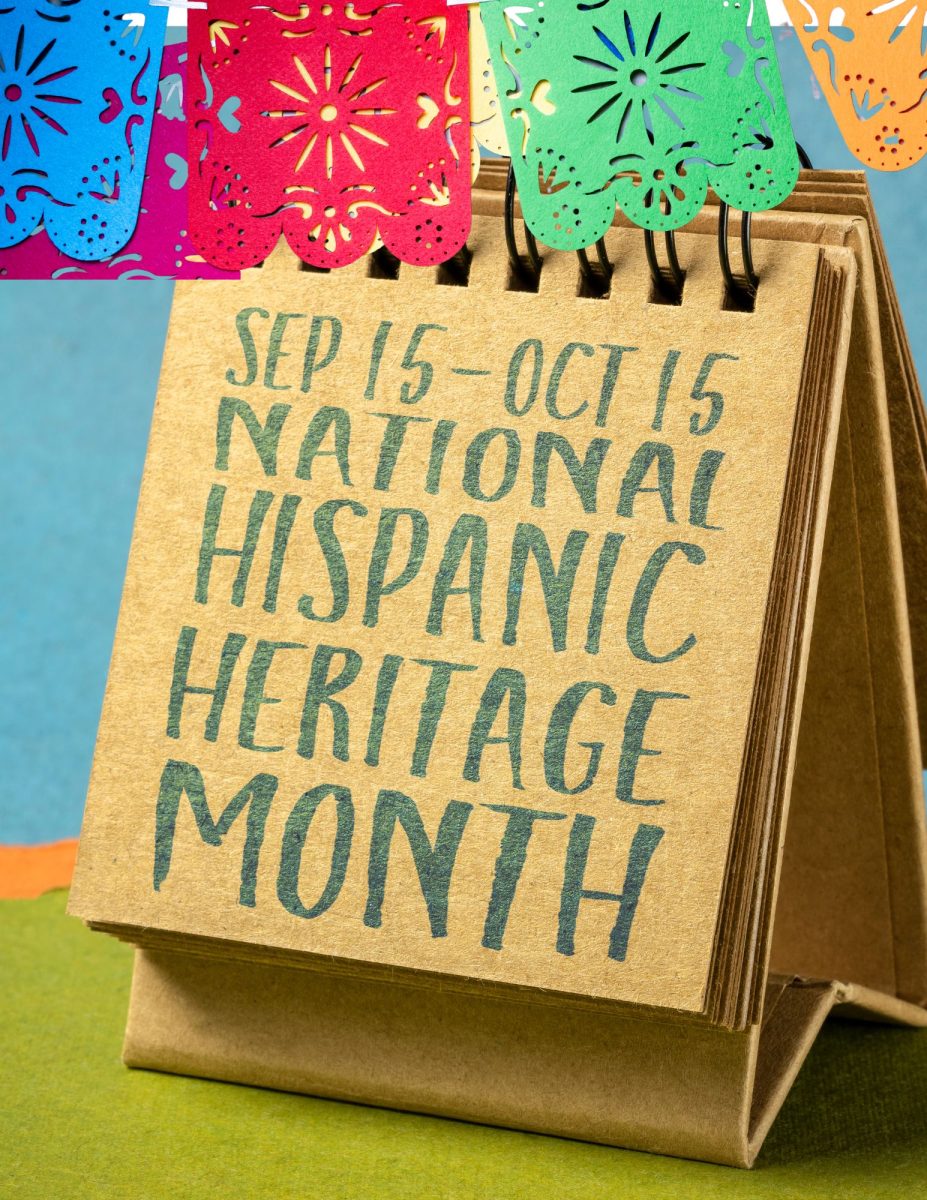
Cisneros ‘commutes’ to Dallas bookstore
Sandra Cisneros’ latest work, Caramelo, is like a jilted lover’s memory of his last kiss. It is a bittersweet journey. But unlike that kiss, the novel is laced with poignant truths, pain – and a contrived ending. Cisneros tells a story three generations long in the voice of an unpretentious, at times overly sentimental young woman.
Celaya Reyes, during summer “commutes” by car from Mexico City to Chicago, traces the branches of her family tree, both healthy and rotten. She is the seventh child and only daughter in a Mexican American family held under the thumb of Soledad Reyes, her paternal grandmother.
The frequent and inconvenient commutes, ordered by Soledad, provide the background for Cisneros’ criticism and history of Mexico and its relationship with the United States.
Cisneros delicately arms her sentences with criticisms meant to challenge stifling conventions common, not only in Mexican society, but throughout the world. She speaks as a woman and a minority, but foremost as a human.
The narrative is composed in English, but relies on strategically placed Spanish words or phrases to deliver fundamental truths. This tactic makes her Spanish as natural as her English and gives a voice to all immigrants, emigrants and those who do not “look” American – those so often caught between two worlds.
Cisneros identifies the quintessential Mexican patriarchal institution, the Catholic Church, and takes aim accordingly. The Awful Grandmother, Soledad, has been “castrated… not by any knife except an abstract one called religion.”
Soldedad’s granddaughter Celaya notes “the lopsided figure of the church that leans into the basilica like a borracho.” By stationing basilica, a word familiar to English speakers, next to borracho, an insult in Spanish usually reserved as a culinary term, Cisneros batters the Church with bilingual alliteration.
Cisneros’ lyrical talent marries a wince to a smile. A bakery offers delectable sweet breads and “a milk gelatin with a fly like a little black raisin rubbing its hands.” Her Mexico is a land of celebration and pain: “[Its] sweets [are] sweeter, colors brighter, the bitter more bitter.”
Celaya’s ancestors, men and women alike, stumble through the sins of their mothers and fathers, identified by example after example of peculiarly Mexican flaws – like domineering, coddling mothers (“It’s amazing how blind Mexican sons are to their mothers’ shortcomings”) and “dependably undependable husbands.”
Cisneros delivers an oft unheard history (perhaps even a new standard by which American textbooks should take note) with annotations at the end of each chapter. Her annotations – information ranging from classical Mexican movie stars and singers to the troops sent to the front lines during the Vietnam War (African Americans and Hispanics) challenge what Mexicans and Americans never have.
Sandra Cisneros has been referred to as the “bard of the border” – however, her voice, reaching across cultures and classes, has none.
Sandra Cisneros will sign books at Border’s Preston Royal tonight at 7:00 p.m.








